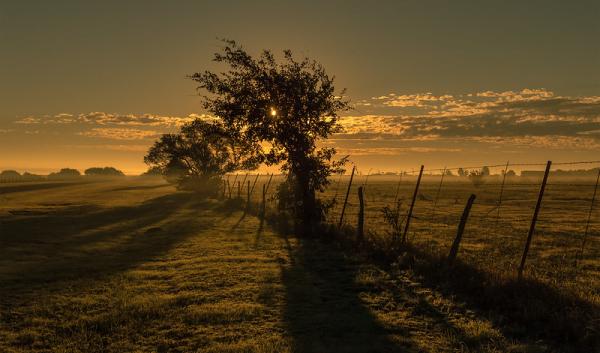Forests
The climate changes expected over the next century will have huge consequences for ecosystems and the benefits they provide, including the provision of wood and fuel, food, temperature and flood regulation, erosion control, recreational and aesthetic value, and species habitat, among others.
Climate changes are likely to affect important ecological processes that will, in turn, affect key natural resources. For example, temperature and precipitation changes could mean that insects, wildfire, invasive plants, and forest diseases will become more frequent in some areas of the country. The emissions that cause climate change also lead to air quality problems that put additional stress on trees.
-
Northwest Forests and Woodlands
Northwest forests and woodlands are valuable resources vulnerable to climate change.
-
Forest Management Handbook for Small-Parcel Landowners (Sierra Nevada and Southern Cascades Region)
This Forest Management Handbook is written specifically for small-parcel (10-100 acre) landowners in the Sierra Nevada…
-
Climate Change and Wildfire in Idaho, Oregon, and Washington
Large fires in Idaho, Oregon, and Washington are associated with warm and dry conditions that are likely to increase…
-
Using Woody Biomass for Fuel and Energy in the Northwest
Leftover wood from harvest and fuel treatments can be a sustainable source of energy in the Northwest.
-
Prescribed Fire in the Northwest
Advantages and disadvantages of prescribed fire in the northwest and the process of conducting a prescribed fire.
-
Insects Change the Story
A progression of non-native insects is steadily making their way into the northeast. The response of trees at the…
-
Prescribed Burning on the Penobscot Experimental Forest
Researchers on the Penobscot Experimental Forest in Maine are seeking to understand how prescribed burning and timber…
-
Climate Smart Buildings Ahead
It appears likely that CLT construction will prosper in the years and decades to come based on its’ capacity to cut…









